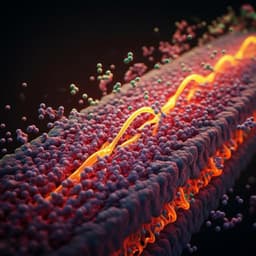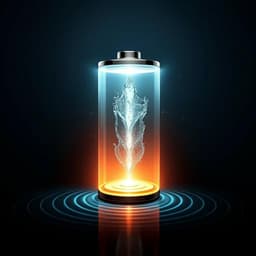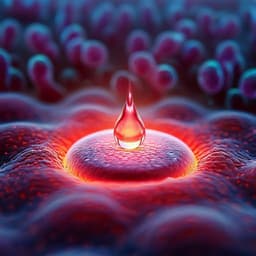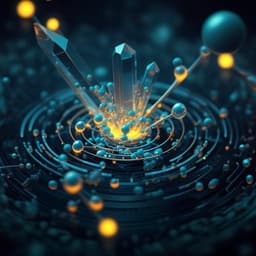
Engineering and Technology
A biocompatible electrolyte enables highly reversible Zn anode for zinc ion battery
G. Li, Z. Zhao, et al.
This groundbreaking study reveals a biocompatible hyaluronic acid-based hydrogel electrolyte that enhances the performance of zinc ion batteries, showing remarkable anti-corrosion properties and long-term stability, potentially revolutionizing biocompatible energy applications. The research was conducted by Guanjie Li, Zihan Zhao, Shilin Zhang, Liang Sun, Mingnan Li, Jodie A. Yuwono, Jianfeng Mao, Junnan Hao, Jitraporn (Pimm) Vongsvivut, Lidan Xing, Chun-Xia Zhao, and Zaiping Guo.
Related Publications
Explore these studies to deepen your understanding of the subject.







